CMU (Concrete Masonry Units)
Get a quote
Let us know your requirements below and we’ll get back to you as soon as possible.
"*" indicates required fields
Are you embarking on a commercial construction project?
RRS Enterprises LLC specializes in CMU (Concrete Masonry Units), and we understand that using the right materials for your build is essential. We provide an extensive selection of concrete masonry units in multiple sizes, shapes, colors, and textures to meet your needs. Our quality materials are designed to last and stand the test of time no matter the environment or application — from weather elements to fire protection — our CMUs are reliable this way so your building can be too.
Investing in quality products means that once installed, you’ll have worry-free performance for years down the road. It also eliminates any need for repairs; after all, who wants extra work following a big project? With our experienced team at RRS Enterprises LLC, you can trust us with even the most complicated projects; rest assured knowing they’ll be completed with ease!
Contact a commercial CMU contractor today to get started on planning out your next commercial structure with quality stretchable blocks!
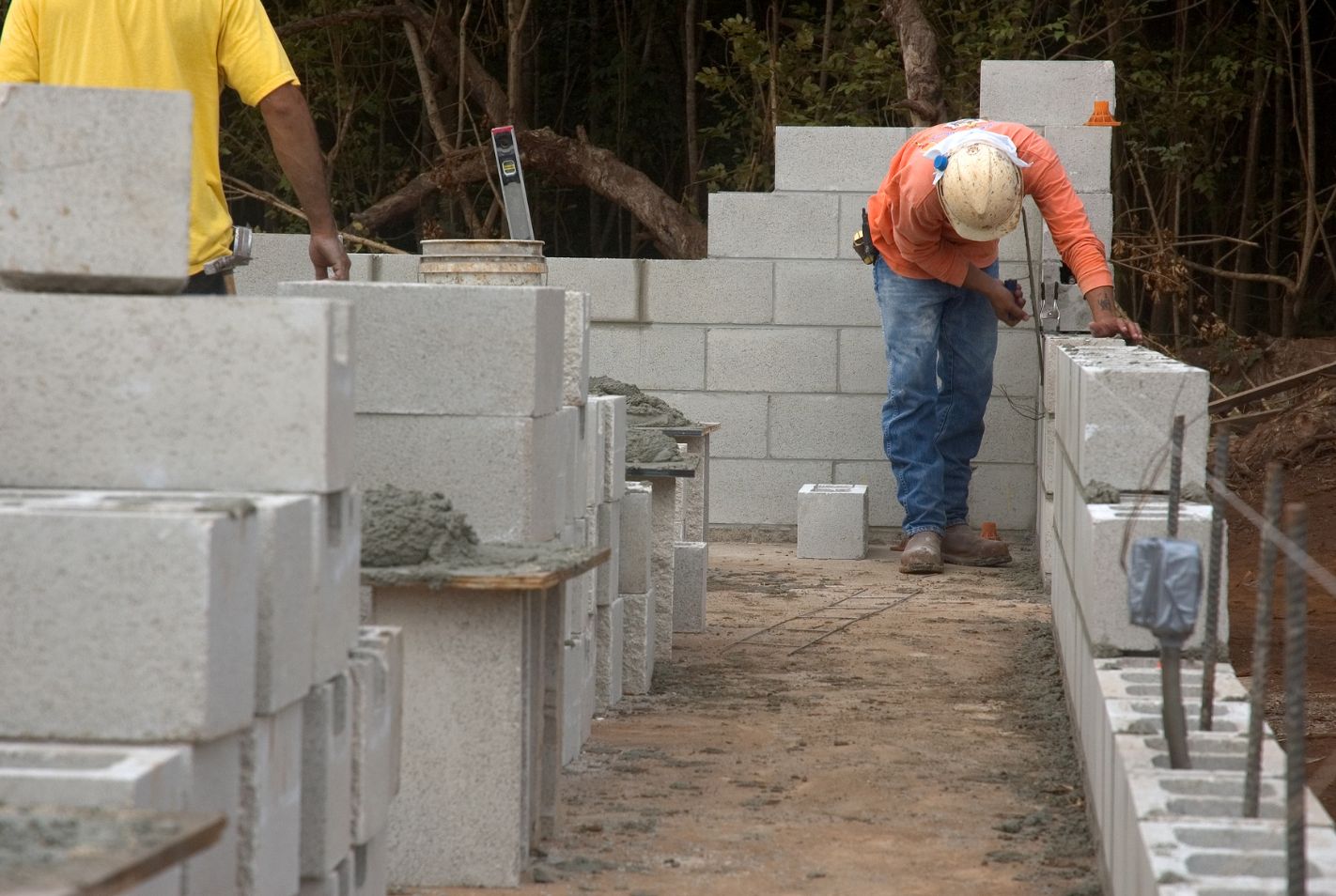
Let's chat about what possibilities exist for transforming your space!
Commercial CMU Contractor (Concrete Masonry Units)
OR CALL 800-432-5112
CMU (Concrete Masonry Units) FAQ
CMUs are manufactured from a mixture of Portland cement, aggregates (including sand or crushed stone), and water. The ingredients are mixed together to form a slurry which is poured into molds. The molds can be either pre-formed block shapes or have form liners that give the CMU a finished look on one or both sides. Once the molds are filled, they are vibrated to remove air pockets and settle the concrete. After a short curing period, the blocks are removed from the molds and allowed to cure further before being packaged for shipping. CMUs can also be installed “dry,” but this method is often not recommended because it can lead to improper installation or cracking of the block.
CMUs are extremely versatile and can be used in many different applications, from residential construction to large commercial projects. They can be colored, stained, molded into custom shapes, scored with decorative patterns, and even fireproofed if necessary. The blocks can also be designed to provide superior thermal performance and sound insulation. With their cost-effectiveness, durability, and wide range of applications, CMUs are an excellent choice for many projects.
The number of CMUs needed for a project depends on the scope and complexity of the project. Generally, a basic project with limited scope may require as few as two or three CMUs, while more complex projects may require upwards of five to ten CMUs. Ultimately, it is up to the project manager to determine how many CMUs are necessary for a successful project. Additionally, it is important to consider the cost of each CMU when calculating how many are needed as there is usually an associated cost. Generally, more CMUs means higher costs but better results in terms of quality and timeliness. It’s up to the project manager to decide which will be the best option for their project.
Once the number of CMUs have been determined, the project manager should create a timeline outlining when each CMU should be completed. This timeline should include both target completion dates for each CMU as well as any milestones that must be met in order to stay on track. Additionally, it is important to ensure that all team members are aware of the timeline and have a clear understanding of their individual responsibilities.
The project manager should then work with the team to create an implementation plan outlining how each CMU will be implemented, who is responsible for each task involved, and what resources are available. This plan should also include any risks associated with the project as well as contingency plans for addressing those risks. Finally, the project manager should work with the team to develop a monitoring plan for tracking progress and identifying any issues as they emerge.
Once all of these documents have been created, it is important that the project manager continue to monitor the project’s progress and address any issues as quickly as possible. This monitoring plan should serve as a baseline for future adjustments that may need to be made. Additionally, it is important for the project manager to continually meet with stakeholders to ensure that any changes or additions to the CMU have been properly communicated. This allows everyone involved in the project to stay informed and helps ensure that all deliverables are achieved on time and within budget. It is also essential for the project manager to continually review and update the CMU in order to stay ahead of any changes or developments that could affect the project’s progress. By doing this, the project manager can ensure that all goals are still being met and that any potential delays or issues are addressed before they become a problem.
CMUs offer many advantages for businesses, including increased structural strength and durability, decreased construction costs, simplified installation processes, improved fire resistance ratings, better insulation performance and lower energy bills. Additionally, CMUs provide a sustainable building material that can be recycled or reused when the structure is no longer in use. CMU walls are also resistant to pests, which reduces the need for chemical treatments and their associated environmental impacts. Finally, CMUs are aesthetically pleasing and come in a variety of colors, textures and shapes. As such, they can be used to create attractive interior and exterior walls that add visual value to any building. These advantages make CMUs an ideal choice for businesses looking to build strong, durable structures that are also sustainable, environmentally friendly and cost-effective.
CMUs (Concrete Masonry Units) come in a variety of shapes and sizes; however, the most commonly available standard size is 8″x8″x16″. Other more specialized CMU sizes are available as well such as 4” x 8” x 16” and 12” x 8” x 16”. They may also be available in metric sizes of 200mm x 200mm and 400mm x 200mm. The heights can vary from 2″ to 24″. The standard thickness is 4″ or 8″. CMUs are also available as splitface, acid-etched, or scored as well as different colors. Custom sizes and shapes can also be ordered. With the help of a qualified masonry contractor and engineer, almost any size or shape can be produced.
When ordering CMUs, it is important to keep in mind all the necessary information such as size, shape, color, and texture needed for your project. Be sure to provide this info to your supplier when making the order. It is also important to consider other factors such as the environmental conditions that the CMUs will be exposed to and whether or not reinforcement is needed for added strength and stability.
When working with CMUs, it’s important to remember that they are heavy so take proper safety precautions when handling them. Additionally, certain special tools and equipment may be required to properly install and finish the CMUs. It is also important to remember that various types of mortar should be used depending on the type of application you are using them for. Finally, be sure to follow all local code regulations when working with CMUs in your project.
CMUs come in a variety of shapes, sizes, colors, and textures. This can be a great way to add visual interest to your project while also achieving the desired structural integrity. You should keep in mind that different shapes, sizes, and textures may require different reinforcement or installation techniques so it’s important to do research before starting your project with CMUs.
Overall, concrete masonry units offer an affordable, durable, and attractive method for building walls. They are relatively easy to install and can be used in a variety of applications. When it comes to choosing the right type of CMU for your project, make sure that you take into account the desired look and any structural requirements.
A Concrete Masonry Unit (CMU) is a type of concrete block used in construction. CMUs are hollow rectangles, usually 8 inches high and 16 inches long, with two rows of holes along the middle of the unit. They can be made from a variety of materials, including sand, cement, gravel, and water.
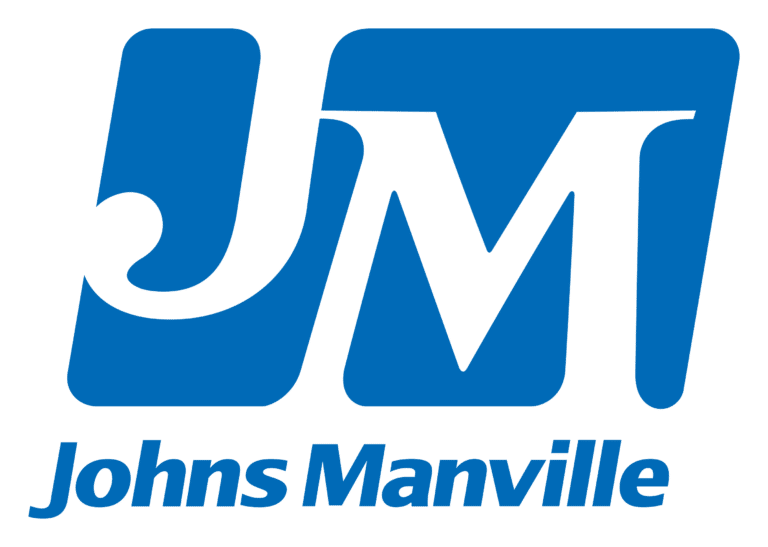

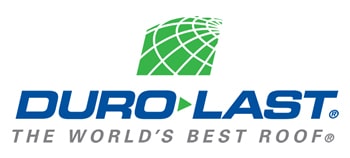
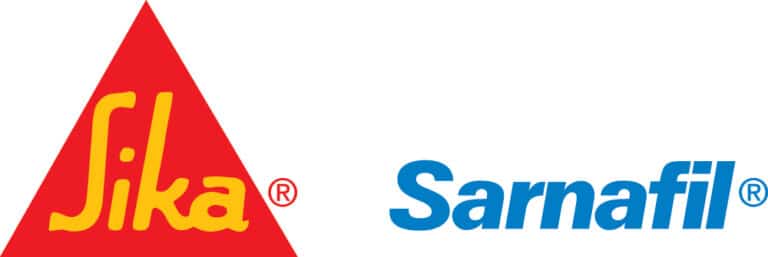
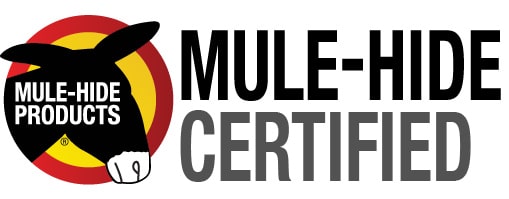
Let's chat about what possibilities exist for transforming your space!
OR CALL 800-432-5112

